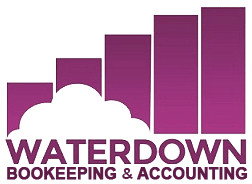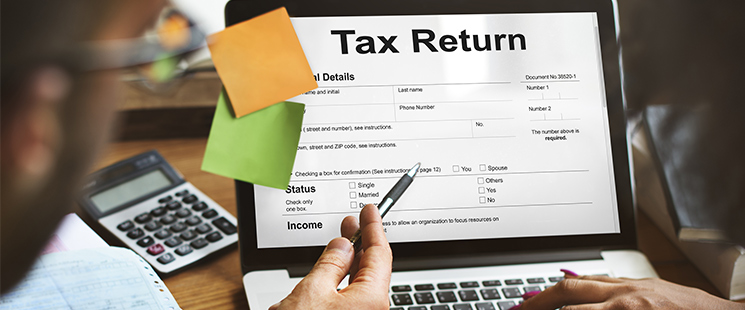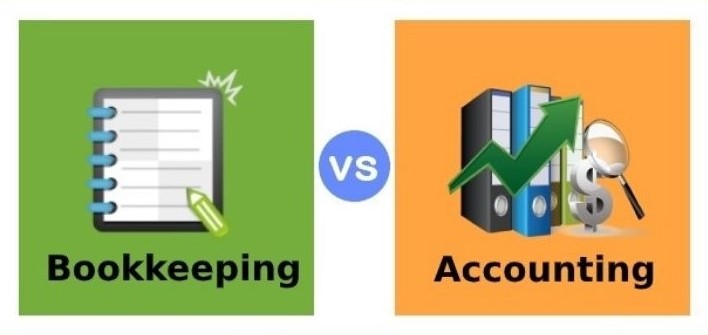Have You Not Filed Your Personal Tax Returns Over 10+ Years.

Unemployment Benefits Eligibility Check.
June 2, 2021
How To Set Positive Cash Flow
June 8, 2021Every person who pays personal taxes in Canada is required to keep records for six tax years, which equals seven calendar years, in the event of a review by the Canada Revenue Agency. This includes cheques, vouchers, receipts, invoices, tax slips and other documents that support your taxable income and taxes owing. Keep in mind that a document may only become relevant for tax purposes years after it was created. If you don’t have backup copies you will need to make every painstaking effort to reconstruct your records by connecting with your financial institution(s), credit card companies, and whoever else for copies of your records. You may need help to negotiate with the CRA.
If you are a small business owner with a sole proprietorship or a partnership and you decide to close up shop, you will have to keep those records for six years from the end of the last tax year. An incorporated business must keep records for two years from the date of dissolution of the corporation. It is your responsibility to take all sensible measures to keep your paper or electronic books and records safe. We suggest having a responsible third party such as a bookkeeper or accountant retain copies. Backups should be made and kept in a safe, and electronic versions in cloud storage. Make sure you share the name of your bookkeeper, accountant or the location and access to these backups with family and/or the power of attorney and executors of your will just in case something happens to you and they need to deal with the CRA on your behalf.
✓ Voluntary Disclosure Program.
You’re not the only tax-tardy Canadian. The Voluntary Disclosure Program was set up by the Canada Revenue Agency for people who are behind in reporting their taxes
We Are Open Contact Us Now For More Information!




